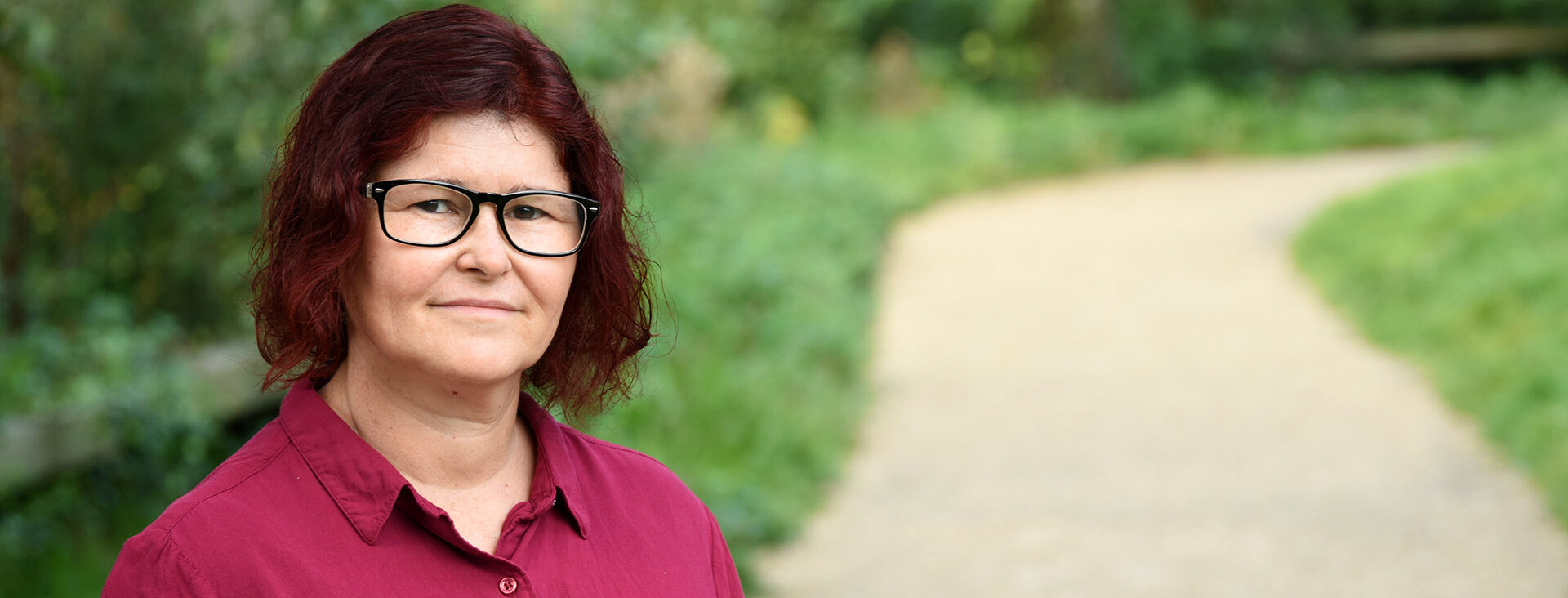The first dental professional you will see is the dentist.
The dentist is the person who will treat any general problems that you have with your teeth and gums. If you have a toothache – pain in your teeth, you will need to see a dentist. Or you can just go every 6 months for a check-up, to make sure your teeth are healthy. Dentists can diagnose and treat most dental problems, and if they can’t, they will refer you to a specialist. But more about that later!
At The Dental Practice
The dental assistant, sometimes called a dental nurse, helps the dentist in many different ways and will probably greet you when you come in, sit you in the chair, and get you ready to see the dentist.
You might see a dental hygienist to have a scale and clean. A scale and clean is when the hygienist scrapes off the hard tartar that sits between your teeth, and then gives everything a good polish with their rotary tool. The hygienist focuses on preventing tooth decay and gum disease. So, dental education is a big part of their job as well. A dental hygienist can also do other smaller treatments.
Dental therapists are commonly found travelling around to schools and care homes, to treat children and vulnerable adults, but can also work in a dental surgery. They can do most procedures on baby teeth, but they can also do simple fillings on adult teeth and a scale and clean if needed.
Dental Laboratory
A dental technician makes and repairs crowns, bridges, dentures and implants following a prescription from a dentist. Wherever teeth are missing you will find a dental technician, working in the background, in the dental laboratory. You probably won’t see the dental technician, but they are working behind the scenes to make you pretty. They also make removable orthodontic plates, to straighten teeth and mouthguards for sport. I used to be a dental technician!
A dental prosthetist, sometimes called a clinical dental technician in the UK, is a dental technician who has received more training and can work directly with patients. They can take impressions of your mouth, with that gooey stuff and they can fit the dentures, like a dentist does, but they only do this with dentures. They don’t do crowns or bridges or fillings or anything to do with your natural teeth. The advantage of this is that the prosthetist has been involved with every part of making your dentures, they don’t send them off for someone else to make.
Dental Specialists
Dental specialists are dental professionals who focus on one particular area of expertise. They have an extra qualification and are able to do more than the general dentist.
An Orthodontist straightens teeth, with fixed wire braces or removable plates.
A Periodontist deals with gums and the other soft tissues surrounding your teeth. They specialise in preventing, diagnosing and treating gum disease and can also do some cosmetic treatments to make your smile look nicer. They might also do the preparation work for implants.
An Endodontist takes care of the inside of the tooth, which has blood vessels and nerves and other tissues called the pulp. They specialise in root canal treatment. This is where they carefully remove the decayed tissue right down into the root and then put a filling in. An endodontist will do everything they can to save as much of your tooth as possible.
A Prosthodontist specialises in replacing missing teeth with false teeth. They do dentures, but unlike a dental prosthetist, they can also do crowns, bridges and implants.
Oral and maxillofacial surgeons specialise in diagnosing and treating diseases of the mouth, jaws, face and neck. They need to have a medical degree as well as a degree in dentistry.
A Paediatric dentist providesdental care, including surgery, for children whose teeth are not growing correctly. They are specially trained to deal with children who have disabilities or have received injuries to their teeth.
Comments and questions can be left under the video on YouTube.
Until next time!


